Apply to a foreign university with confidence
- Properly fulfilled documents
- Perfect motivation letter
- Support from a personal mentor
- Offers from several universities
In this article, you will find out how much a master's degree in the Netherlands costs, what the requirements are, how to find scholarships, and where to find the best programs for study.
Free consultation
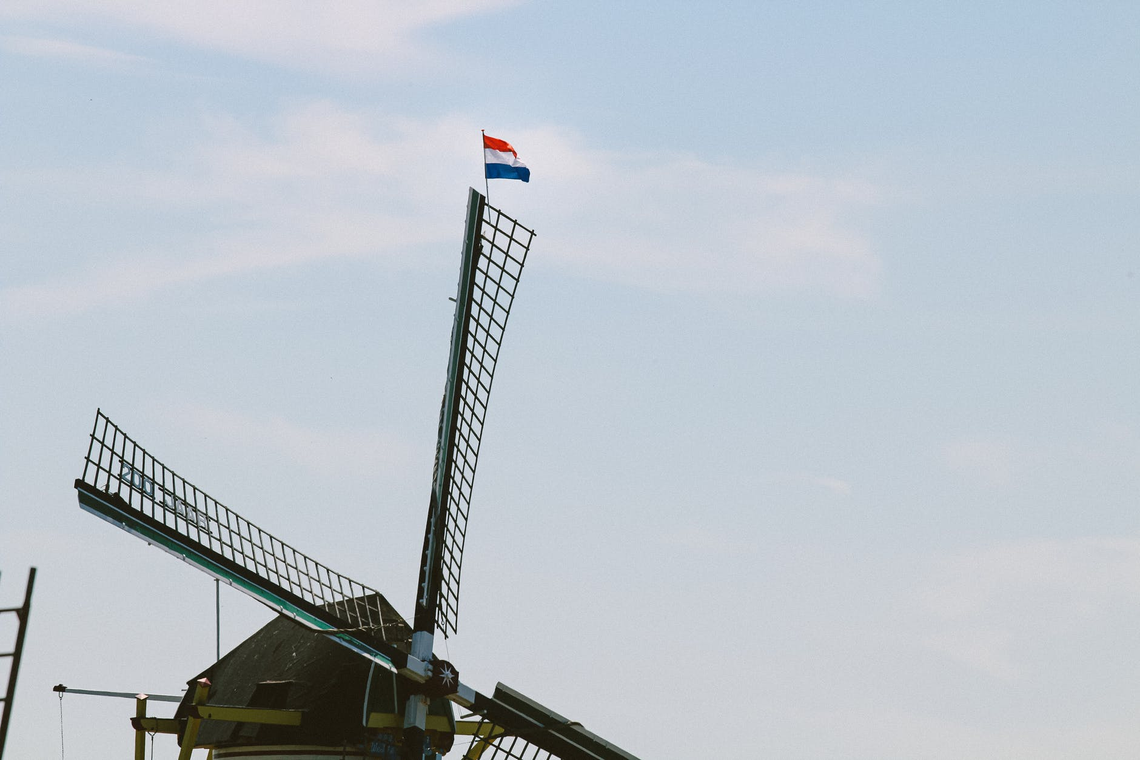
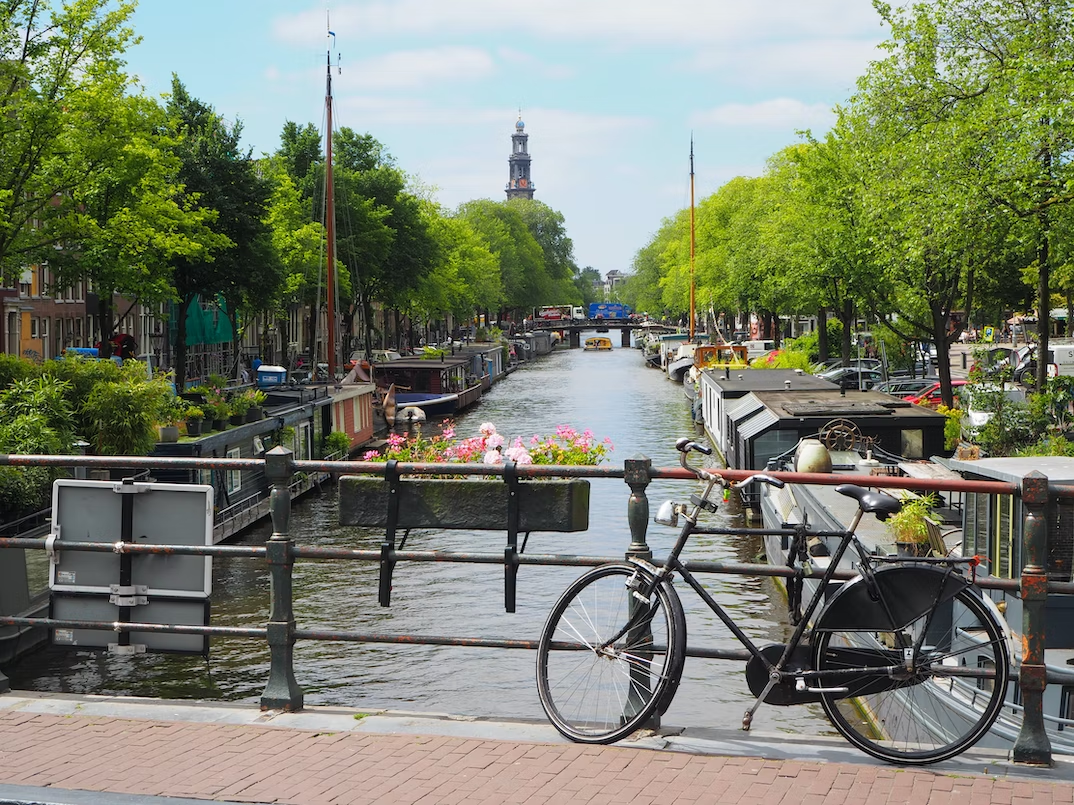
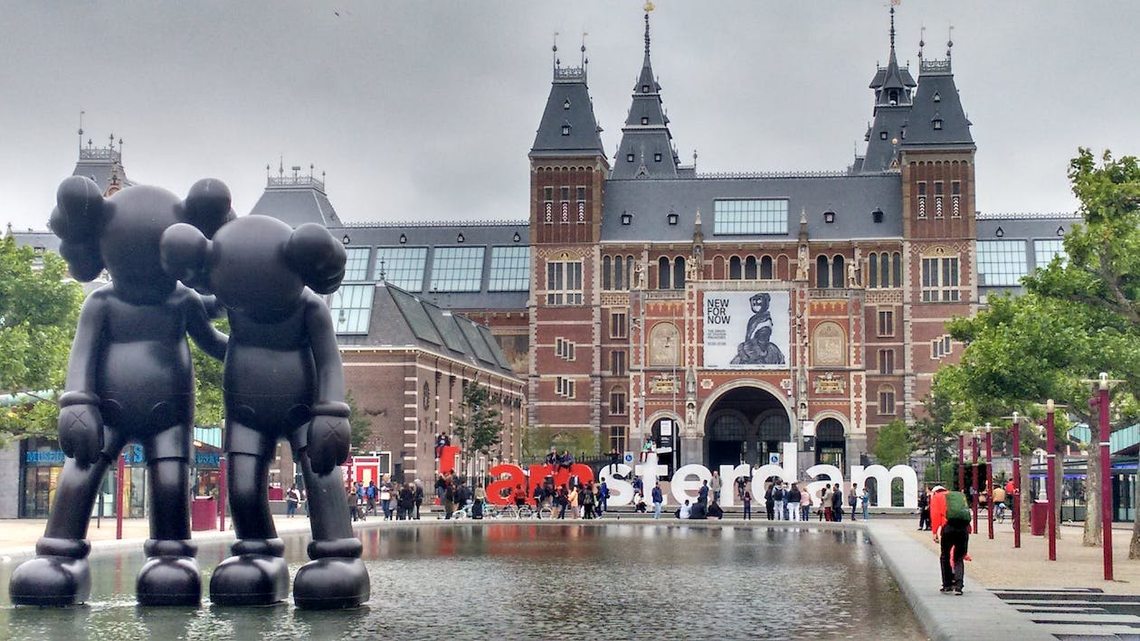
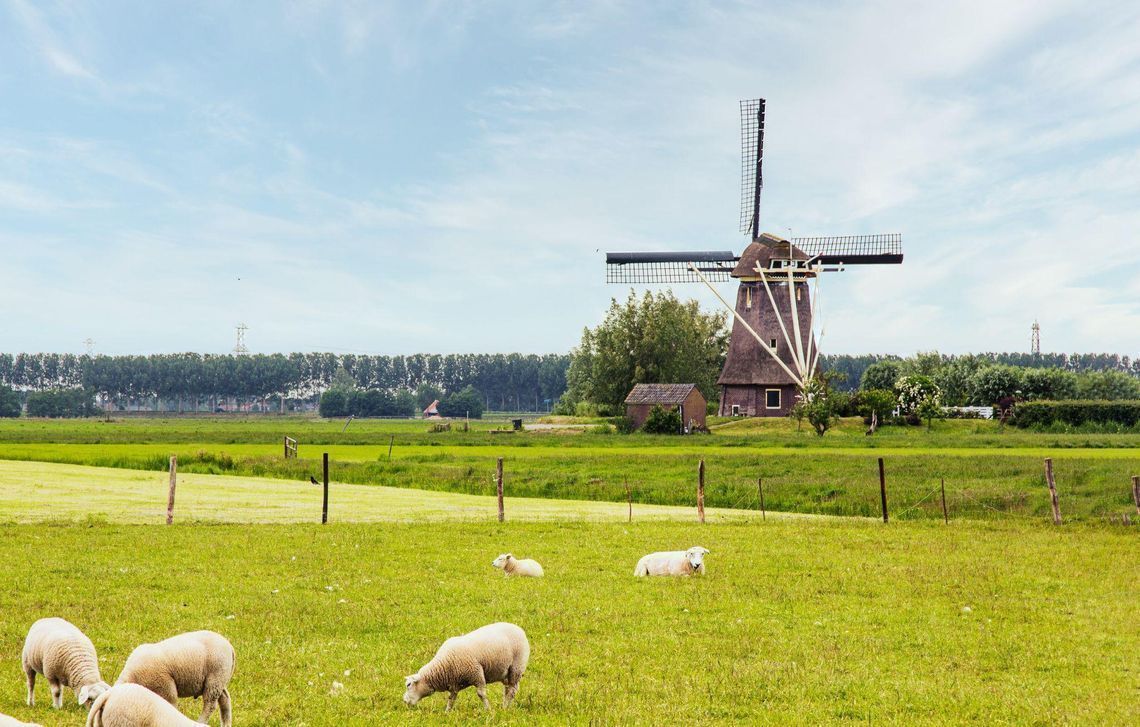

Master’s programs in the Netherlands have more than 30 thousand foreign students[1]. They are distinguished by a wide range of English-language programs, an international teaching staff, and support from universities in employment.
In this article, you will find out how much a master's degree in the Netherlands costs, what the requirements are, how to find scholarships, and where to find the best programs for study.
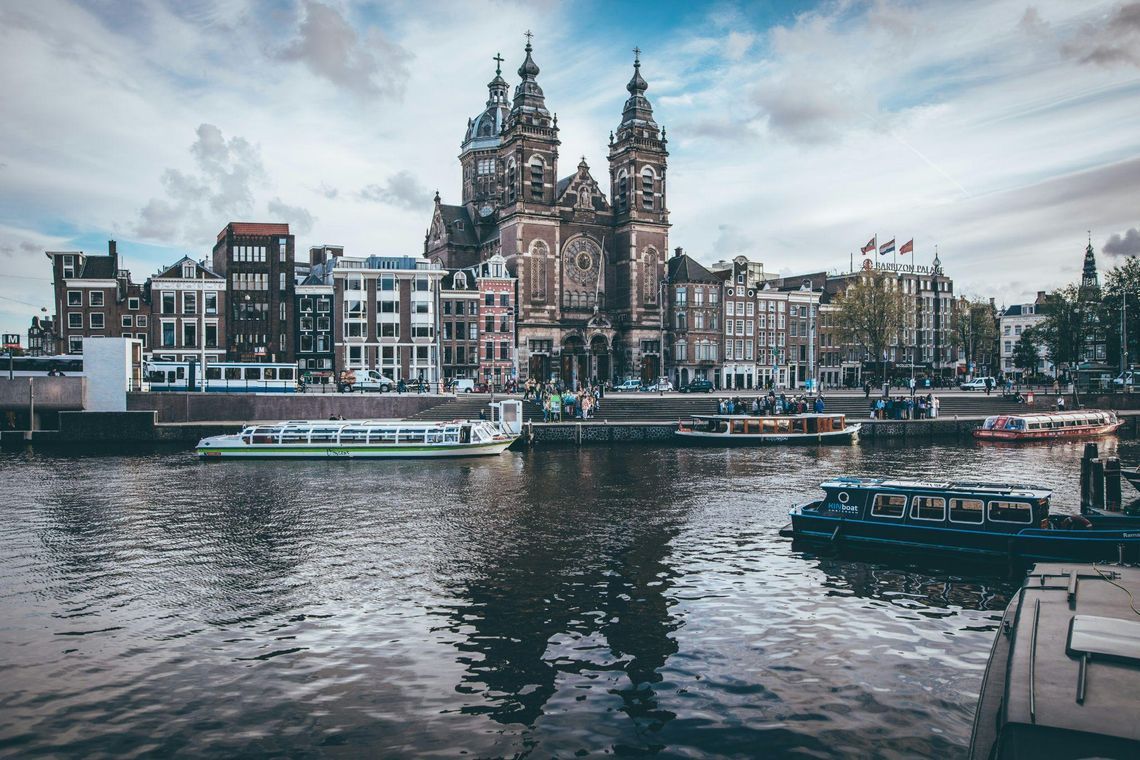
There are two types of tuition fees at public Dutch universities:
At universities of applied sciences, you can pay much less for your studies. Applied sciences implies that the university specializes in vocational education. Such universities are less popular for master’s programs, especially among foreigners: only 3253 students pursue these programs as opposed to the 29 thousand studying at research universities[1]. The cost for these programs is below the average — 12,430-13,560 USD/year.
There are some programs that are extremely cheap for the Netherlands, even at research universities. For example, at the Erasmus University Rotterdam, there is a Research Master in Philosophy and Economics, the cost of which is 4,859 USD per year.
The Netherlands houses more public universities than private ones. Private universities are most commonly medical schools, business schools, or international affiliates. The cost of education is much higher. For example, at Saba University School of Medicine, the Clinical Medicine program costs 23,300 USD per semester[9].
Items 1-6 of 202
Advanced search
The process of applying to universities in the Netherlands begins with registration on Studielink. This is the national admissions system. There, you must attach a scan or photo of your identity card (passport). Verification may take some time, so it is worth doing so in advance.
After registration, you need to indicate the data of your previous education and select one or more study programs. No further documents need to be submitted at this stage.
Continuation of the admission procedure for many universities occurs on an individual basis. In any case, you will first receive an email, in which you may be invited to submit documents on the university's website or be questioned on the previously provided data. Some universities have special systems — Wageningen University & Research Centre, for example, uses its own student admission application.
Your previous bachelor's degree must be in the same field as the program you are applying to. If you want to change your profession, you can take preparatory courses at Dutch universities.
Some programs have a numerus fixus. This means that placement is limited, which most often occurs in popular destinations. What distinguishes them from regular programs are higher requirements and a separate deadline on January 15th.
Requirements for admission may vary at different universities. In general, applicants may be required to provide a motivation letter, language certificates, references, a resume, and a list of accomplishments. Interviews are often held at research universities.
In the Netherlands, the academic year starts during the first week of September. The deadline for all programs is May 1st. For numerus fixus programs, the deadline is January 15th. We recommend preparing for admission in advance. Getting a student visa can take several months.
For English-language programs, you will need a TOEFL certificate with a minimum score of 80 or IELTS 6.0[10]. Moreover, the majority of universities require the submission of certificates received no earlier than 2 years ago. To study in Dutch, you need to confirm a level of language proficiency not lower than upper-intermediate (B2) by passing the NT2 or CNaVT test. Exams can be taken at universities. You will be given a certificate that can be used at any university in the country, allowing you to take it before admission.
An apostille and official translation of your bachelor's degree is sufficient for admission to Dutch universities. However, there are strict requirements for academic preparation of master’s programs — it is only possible to apply for a similar, if not the same specialty, otherwise there will be problems with the academic difference. The admissions committee of the university evaluates whether or not your previous degree is relevant. If the academic difference is evaluated to be too great, the student will be offered to take a preparatory course (Pre-Master’s).
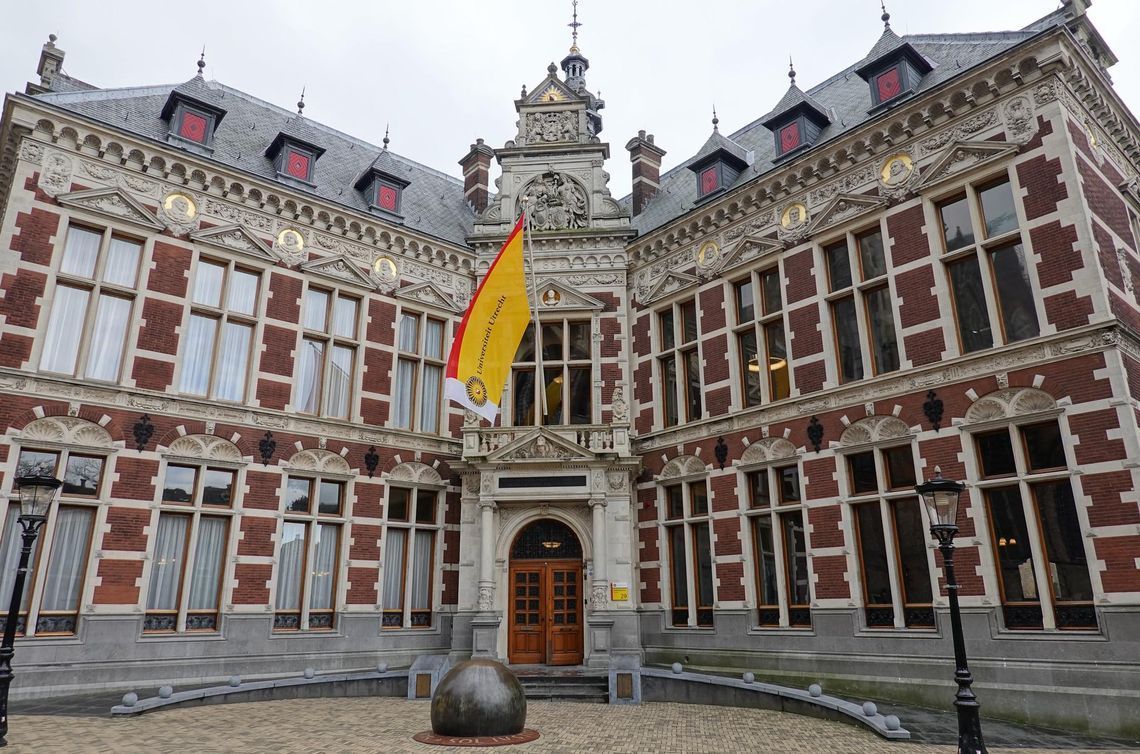
The Netherlands is one of the most multilingual countries in Europe. This is reflected in higher education, with about 1900 master's programs available entirely in English. A complete list of programs can be found on the Study in Holland website.
| THE Ranking | University | City | Programs | Avg. cost per year |
|---|---|---|---|---|
| 53 | Wageningen University & Research Centre | Wageningen |
| 21,131 USD |
| 65 | University of Amsterdam | Amsterdam |
| 18,080 USD |
| 69 | Utrecht University | Utrecht |
| 19,775 USD |
| 72 | Erasmus University Rotterdam | Rotterdam |
| 17,967 USD |

According to Nuffic, the most popular areas among international students are: psychology, MBAs, music, art and design, space engineering, international business, architecture and urbanism, economics and business, artificial intelligence, and electrical engineering[11]. Below are a few programs at the best universities in the Netherlands.
| Ranking THE | University | City | Program | Language | Duration | Fee per year |
|---|---|---|---|---|---|---|
| 71 | Leiden University | Leiden | MSc Psychology | English | 1 year | 21,809 USD |
| 69 | Utrecht University | Utrecht | Musicology | English | 2 years | 19,526 USD |
| 75 | Delft University of Technology (TU Delft) | Delft | Aerospace Engineering | English | 2 years | 21,187 USD |
| 53 | Wageningen University & Research Centre | Wageningen | Landscape Architecture and Planning | English | 2 years | 19,906 USD |
In the Netherlands, master's programs are cheap only for its citizens and visitors from the EU and Switzerland. By law, the cost of education cannot exceed 2,825-3,390 USD per year for such students. Foreign students have to pay up to 22,600 USD per year, depending on the program and the university. You can save on education at public universities. Unlike private universities, their prices are regulated by the government and rarely exceed 19,210 USD per year.
| University | City | Min. cost per year | Max. cost per year |
|---|---|---|---|
| Utrecht University | Utrecht | 11,300 USD | 19,210 USD |
| University of Amsterdam | Amsterdam | 13,560 USD | 15,933 USD |
| University of Groningen | Groningen | 15,255 USD | 19,210 USD |
| University of Twente | Enschede | 14,125 USD | 18,080 USD |
| Eindhoven University of Technology | Eindhoven | 18,532 USD | 18,532 USD |
MBA programs are among the most popular for international students in the Netherlands. This is largely due to the high salaries of their graduates, along with the availability of courses with relatively low requirements. For example, you can enter Maastricht School of Management, Saxion University of Applied Sciences, and Hanze University of Applied Sciences without the GMAT. Without work experience, students are accepted to Amsterdam Business School and Webster University.
The 2022 QS Global MBA Rankings, which takes into account 280 business schools from around the world, includes two Dutch universities: Erasmus University (RSM) at 30th place and Tias Business School at 90th[12].
| Business School | City | Duration | Cost |
|---|---|---|---|
| Erasmus University (RSM) | Rotterdam | 12 months | 63,279 USD |
| Tias Business School | Tilburg | 12 months | 42,375 USD |
| Maastricht School of Management (MSM) | Maastricht | 12 months | 36,725 USD |
| Amsterdam Business School | Amsterdam | 12 months | 45,087 USD |
| Saxion University of Applied Sciences | Enschede | 12 months | 12,430 USD |
| Webster University | Leiden | 12 months | 32,544 USD |
| Hanze University of Applied Sciences | Groningen | 16 months | 15,707 USD |
To apply for an MBA program, you will need a bachelor's degree and language exam certificates. Many universities require a GMAT certificate with a score of 600. The minimum score for prestigious schools — 620-640. Additionally, they may request recommendations, a motivation letter, and a resume. You can apply through the website of the university/business school. Basic requirements for admission include:
Additionally, depending on the university:
The main feature of Dutch higher education is its binary structure. There are two main types of higher education institutions in the Netherlands: research universities and universities of applied sciences[13].
Some programs are only available at universities of applied sciences, such as nursing, fine arts, or elementary school teaching. Others are offered exclusively at research universities, like econometrics or philosophy. There are also programs that are available at both two types of universities: communications, business administration, and engineering[15].
The grading system is also an important feature of Dutch education. The Netherlands uses a 10-point scale. The minimum score is 6 (satisfactory), while scores of 1-3 and 9-10 are extremely rare. In this, it differs from many countries with a similar grading system. In China, for example, 80 points out of 100 is considered below average, while in the Netherlands only outstanding students receive marks above 8[16].
The style of teaching in the Netherlands deserves a special mention. Students can calmly discuss personal issues with teachers, and there is no subordination in the classroom — only equality and a lack of formalities.
Teachers strive to conduct lectures in the format of a dialogue, involving all students in communication. Student activity, straightforwardness, and independence are highly valued[17].
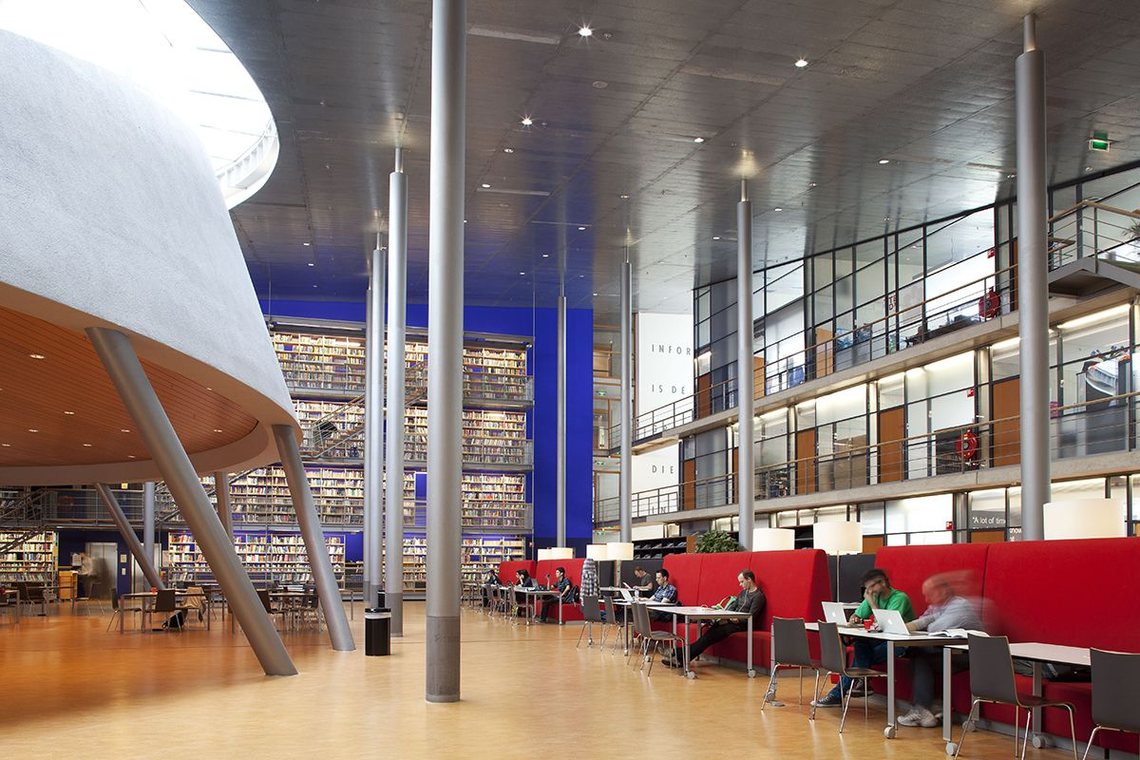

Higher education in the Netherlands is organized according to the Bologna system, so all universities use ECTS. An academic year averages 60 credits, where one credit corresponds to 28 hours of work. Master's programs usually include lectures, seminars, internships, term papers, examinations, and a final dissertation project.
The academic year runs from September to June. The summer vacation period (June to September) is often set aside for internships or work on a dissertation.
At universities of applied sciences, the curriculum is designed with an emphasis on the practical application of knowledge. Compared to research universities, there is less emphasis on analytical research and more on classroom activities (such as lectures). At many universities, classes are held in absentia so that students can combine work with study. Internships are of great importance and are much more common than at research universities[15].
Training lasts an average of 1-2 years, but in many programs it is longer — from 1.5 to 4 years (90-240 credits).
| Level | Credits | Duration |
|---|---|---|
Master of [field of study] example: Master of Architecture / MArch | 60-240 | 1-4 years |
| Master of Science (MSc) | 60-120 | 1-2 years |
| Master of Arts (MA) | 60-120 | 1-2 years |
At research universities, education is aimed at studying scientific methodology and preparing for research work. There are fewer classroom hours (on average, about 16 per week), and students master most of the educational material on their own. Programs are divided into:
The minimal duration of the master's degree is one year (60 credits). The Master of Education and Engineering, Mathematics, Science and Agriculture programs last two years (120 credits). Future doctors, dentists, and veterinarians study for at least three years (180 credits).
| Level | Credits | Duration |
|---|---|---|
| Master of Science (MSc) | 60-180 | 1-3 years |
| Master of Arts (MA) | 60-180 | 1-3 years |
| Master of Law (LLM) | 60 | 1 year |
The Netherlands offers two major state scholarships available for foreign master’s students: the Holland Scholarship and Orange Tulip Scholarship Program (OTS).
A one-time grant offered by the Ministry of Education, Culture, and Science of the Netherlands, which lasts no more than a year. On average, the total payment amount is 5,650 USD, but it may differ depending on the university. For example, at the University of Utrecht, the scholarship reaches 16,950 USD.
Not all universities participate in the program. The full list can be found on the Study in Holland website.
This is a scholarship from the Dutch Education Support Service (Nesos), designed for students from developing countries (Russia, China, India, Indonesia, South Africa, South Korea, Vietnam) who have not previously studied or worked in the Netherlands. Each university has individual requirements, terms, and coverage in regards to the scholarship. At the same time, there is a certain quota for each country. Data for each country can be found here. You can apply for a scholarship both during admission and after enrolling in one of the 21 participating universities[18].
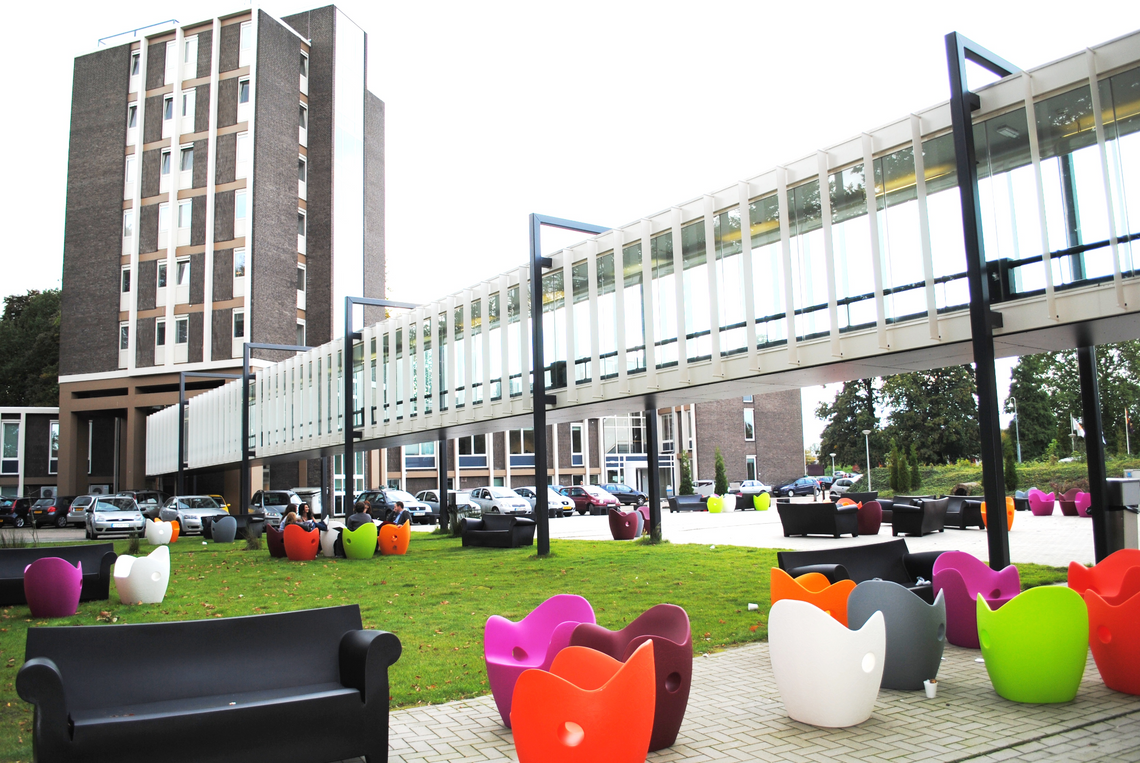

Foreign students in the Netherlands can work no more than 16 hours per week during the academic year. This restriction does not apply to summer holidays (June, July, August). In addition, you will need a work permit (TWV). Only can a potential employer apply for one up to five weeks before your official employment. This rule greatly complicates the job search, having a lot of nuances and features. Therefore, many employers rarely accept foreign students. The TWV is issued by the Employee Insurance Agency.
By law, the salary of a working student cannot be lower than the market wage. Therefore, the employer will be denied a work permit if he offers you a job at a lower rate than similar workers in this position[19].
If you work more than 16 hours, or without permission, this is considered a violation of the Law on Employment of Foreigners and is punishable by serious fines for the employer. Your residence permit may also be reviewed: if you do not collect more than 50% of the required credits for each academic year, the residence permit will be canceled. It is better to forget about illegal employment for other reasons — most often, unscrupulous employers agree to such labor.
Self-employed students have no limit on the number of working hours. In addition, they do not need a work permit. It is enough to register with the Dutch Chamber of Commerce (Kamer van Koophandel) and obtain health insurance (basisverzekering).
For internships, a work permit is also not required. Instead, you sign a tripartite agreement between your university and employer. If the internship is paid, the employer will withhold part of the salary in favor of the tax service. In addition, you will need to obtain health insurance. You can find more information about internships on this service.
The minimum wage in the Netherlands is 1,972 USD per month.
After graduating from a master’s program, you can apply for an orientation year highly educated persons visa to look for work. This service costs 234 USD. You can do this within three years after graduation. You can register for it immediately after receiving a diploma, or you can first live in your country for a few years. At the same time, it is not necessary to be in the country to apply — everything takes place online.
You must find a permanent job within a year to qualify for the skilled migrant visa, which lasts for five years.
The main benefit of participating in the orientation year is that potential employers do not need to apply for a work permit on your behalf.
The country has a low unemployment rate — 4.4%[20]. In comparison, the average for Europe is 7.1%[21]. The most demanded professions are engineers, IT-specialists, innovators in creative industries, and doctors[22]. Most often, foreign students get jobs at universities, research centers, and large international companies. For graduate students, the path to an academic field lies in scientific publications and a PhD. In corporations, of which there are a lot in the country, they most often get through internships during their studies[23].
There is also a high demand for skilled health workers. It is predicted that this demand will only increase[23].
On average, graduates of master’s programs earn 19-20 USD per hour (approximately 3,164 USD/month).
Rent in the country is among the most expensive in Europe — 1,220 USD/month on average. Therefore, even with a high salary, many graduates have to look for an apartment in a less populated city, or on the outskirts. The taxation system deserves special attention. The Netherlands uses a progressive tax — 37-52%, so part of your salary will always be withheld in favor of the state. Pay attention to the fact that job listings usually indicate salaries before this deduction.
If your specialty is on the list of regulated professions, then you must obtain an additional work permit before employment. Each profession has its own body that checks candidates for compliance with established requirements. You can check here.
The most common regulated professions:
In the Netherlands, a PhD is more of a job than a means for education. You pay the university for education, and it pays you a monthly salary that can vary between 2,260-3,390 USD. Vacancies are published on special sites (for example, AcademicTransfer), in scientific journals, or by the universities themselves.
Only students of research universities can study for a PhD. For admission, you will need recommendations from several professors. At the same time, graduates of research master's programs have higher chances of admission — many universities prepare for PhD programs.
In addition, you will need to change the purpose of your residence permit. But in most cases, the institution where you plan to conduct research will do it for you.
60+ countries
we work with
$1,000,000 saved
by students through scholarships
6,400 offers
our students got